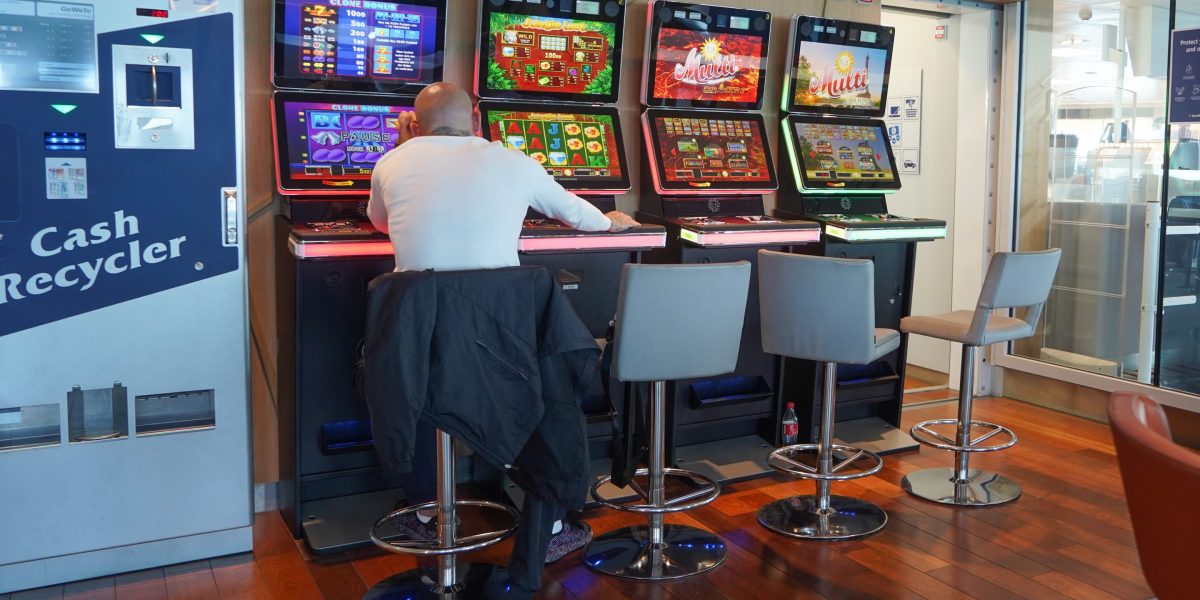The online gambling industry has had a very good pandemic . With millions stuck at home due to lockdowns, many of them at least temporarily without work, thumbing digital slots through a mobile app or trying to win a few hands of online poker became an amusing way to fill the time, and maybe earn some quick cash if Lady Luck was feeling generous.
The results are plain to see in the earnings of many online betting companies, which have seen record jumps in revenues and profits. But the boom has a darker side reflected in recent headlines. “Coronavirus a ‘disaster’ for gambling addicts,” proclaims the BBC . “Covid: How online gambling addiction has become an added threat to our health,” warns The Edinburgh Herald in Scotland. “Gambling is an escape: Pandemic leads to the sharpest ever rise in women seeking help for addiction,” says Britain’s Independent newspaper .
These are not the headlines Jette Nygaard-Anderesen, the chief executive officer of Entain , one of the U.K.’s most successful online gambling companies and an increasingly important player in the global expansion of digital betting, including in the U.S., wants to see.
(Entain is currently being pursued by sports betting giant DraftKings , which has offered $22.4 billion in an attempt to buy the company. For more on what has made Entain such an attractive prospect, read: “Leading Las Vegas: A British firm is upending America’s booming online sports gambling market.” )
The CEO, who stepped into the top job earlier this year, says she took the job in part because she saw an opportunity to reshape perceptions of the entire industry with both the public and regulators. She wants to get away from the perception that the industry encourages and preys on addicts and sees an increasing convergence between online gambling and other forms of media and entertainment.
Nygaard-Andersen says this view of the industry, which she blames partly on inflammatory media reports, is false. She cites 2020 data from the U.K. Gambling Commission that only about 0.3% of bettors are “problem gamblers,” meaning their gambling activity “compromises, disrupts or damages family, […]
Click here to view original web page at fortune.com
